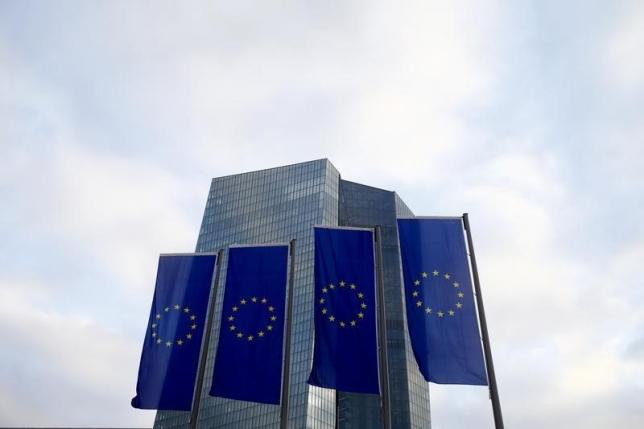Nepal-EU meeting dwells on COVID-19 impacts
KATHMANDU, OCTOBER 3
The 12th meeting of the joint commission between Nepal and the European Union took place last night via video conference. A wide range of issues of mutual interest were discussed in a cordial, candid and constructive atmosphere, said a joint press release.
The meeting focused on the current COVID-19 pandemic and its social and economic impacts in both Nepal and the EU.
Nepal and the EU opined that the current crisis highlighted the importance of an effective multilateral system and underlined that World Health Organisation was central to our collective efforts to tackle the pandemic. Nepal and the EU agreed on the need to strengthen the global capacity to prevent and respond to future pandemics and on the need for a future vaccine to be a global common good.
Nepal welcomed the EU’s support during the pandemic. Nepal also praised the EU’s strong support for the G20 Debt Service Suspension Initiative as well as for extension of the initiative for another year at the upcoming G20 Finance Ministers and Central Bank Governors/IMF-World Bank Group Annual Meeting in October.
Nepali delegation briefed on efforts being made by the government to contain and fight the global pandemic in Nepal and provided an update on its economic impact. It also updated the EU on the impact on the implementation of the Sustainable Development Goals and underlined its commitment to deliver on those, in line with the national aspiration of “Prosperous Nepal, Happy Nepali”.
The Government of Nepal also presented its plans for graduation from Least-Developed Country status to a middle-income country. The EU recalled that in the current COVID-19 pandemic, emergency measures, in Europe and elsewhere, should not be used to limit the democratic space and freedom.
The EU appreciated the achievements made by Nepal and welcomed the implementation of a modern and progressive constitution.
It stressed the important role of strong, effective and independent institutions, civil society and the press for democracy and good governance. The EU welcomed the increasing participation of women in political life and the decision making process in Nepal. The EU also welcomed Nepal’s commitment to transitional justice as outlined in the statement of Prime Minister KP Sharma Oli in the 75th UN General Assembly and by Foreign Minister Pradeep Kumar Gyawali at the UN Human Rights Council in February.
Regarding people-to-people contacts, Nepal and the EU discussed ongoing higher education cooperation, whereby there has been a growing number of Nepali students studying in European universities. Nepal ranks among the top 20 countries worldwide in terms of students being awarded scholarships for Erasmus Mundus Joint Master Degree programmes.
Nepal briefed on its substantial efforts to improve air safety, regarding the proposed new aviation legislation, which is currently under consideration at the Federal Parliament of Nepal.
The EU acknowledged the positive development while reiterating that further progress needed to be made in the implementation of the legislation. In view of continuing to work together on the issue, the EU announced that it was looking forward to developing a technical assistance project for the Civil Aviation Authority of Nepal to support the latter’s efforts to enhance aviation safety oversight in Nepal.
The joint commission was cochaired by Bharat Raj Paudyal, officiating secretary for the Ministry of Foreign Affairs of the Government of Nepal and Paola Pampaloni, deputy managing director for Asia and the Pacific of the European External Affairs Service.
A version of this article appears in e-paper on October 4, 2020, of The Himalayan Times.






